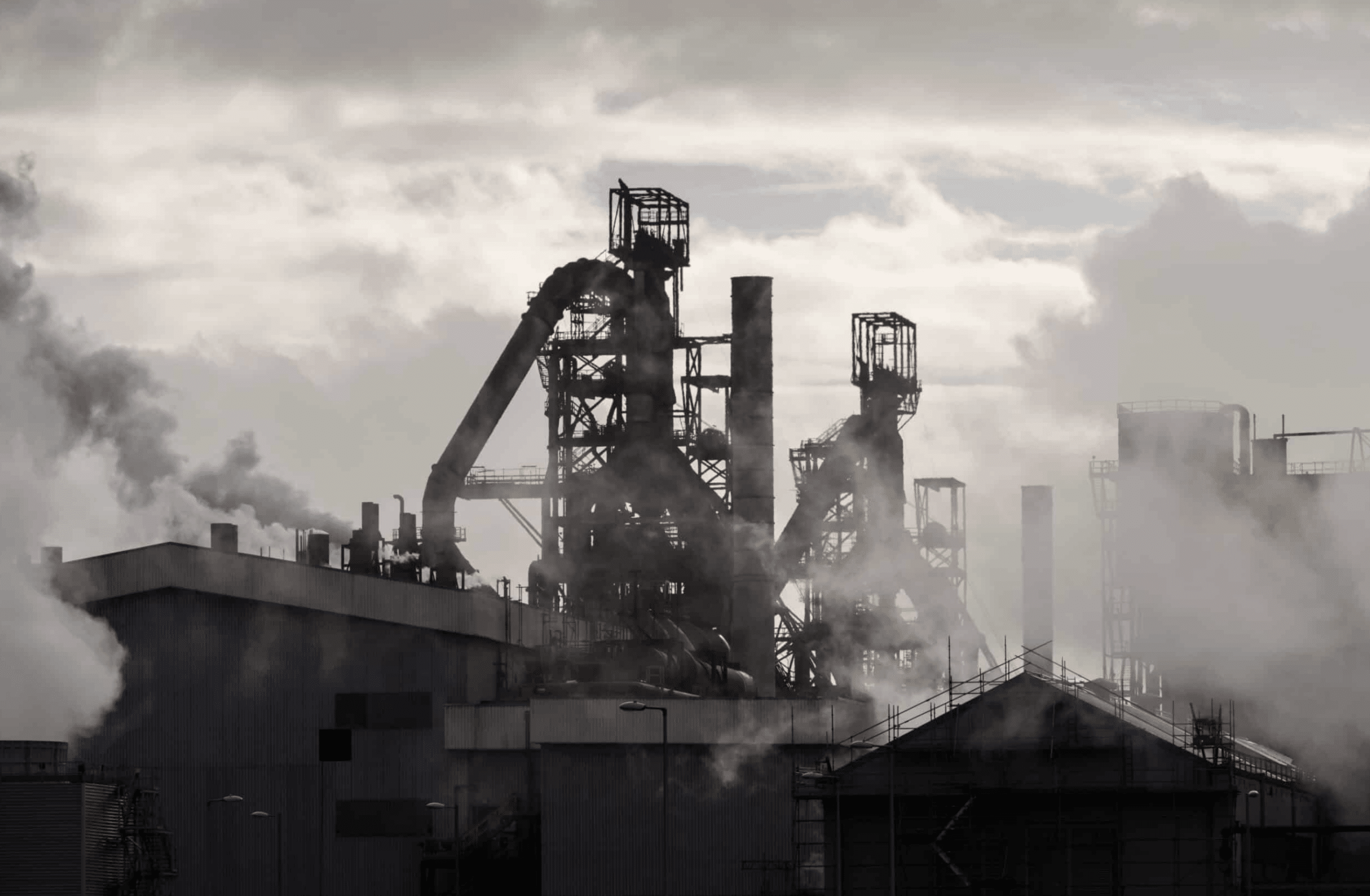Tata Steel’s UK Plant Struggling with Rising Costs and Decarbonization Challenges

Difficult trading conditions and a lack of clarity over state aid have put the future of Tata Steel’s UK plant into doubt. The Indian parent group also warned that current conditions would soon affect Tata Steel prices at Port Talbot.
“A stress test conducted by the board to assess the potential impact of the economic downturn found that while the European business was expected to have adequate liquidity under different scenarios, the outlook for Tata Steel UK was less certain,” a May 6 report from business daily Financial Times stated.
On May 3, the Mumbai-headquartered group announced a Q4 loss of ₹2.22 crore (almost $271 million). Indian media sources stated that the loss primarily stemmed from higher raw material costs. Another contributing factor was a rise in deferred tax expenses.
The loss also impacted Tata’s full-year results, causing an 82.5% year-on-year decline in its net profit to ₹1.7 crore ($208 million). Indian press reports stated that previous estimates had the group profiting ₹330 crore ($40.2 billion).
MetalMiner customers continue to save millions of dollars by following our industrial buying strategies. Take a look at MetalMiner’s track record.
Decarbonization Efforts Will Cost More Than Anticipated
Tata’s warning regarding Port Talbot hinged on several factors. The most notable were rising energy costs, inflation, and uncertainty over whether the UK government would be able to assist with decarbonization. This leaves many wondering when these challenges will trickle down to steel prices.
“PwC said in its own report on the results that the UK business had received letters of support from the group promising access to additional working capital as well as a promise to refinance or repay certain credit facilities due to expire on or before June 2024,” the FT report stated. “However, as the letters were ‘given by way of comfort only, there could be no certainty the funds required would be made available.”

One of Port Talbot’s biggest current challenges is the cost of decarbonization. The UK government has respectively offered Tata Steel UK and its compatriot British Steel about £300 million ($377 million) in state aid for decarbonization. However, the FT report stated that £2 billion ($2.51 billion) would be a more realistic figure.
The parent company also split Port Talbot from Tata Steel Netherlands (IJMuiden) in 2021. This stemmed from reports that Swedish steelmaking group SSAB was in talks to acquire the Dutch plant.
Port Talbot can produce 5 million metric tons of crude via two blast furnaces and two converters. The facility then casts this into slab for further rolling into hot and cold rolled coil.
Get metal market forecasts, specific monthly buying strategies and should-cost models for HRC, CRC, HDG and steel plate on MetalMiner Insights. Find out how Insights can help your business.
Iron Ore Costs Could Soon Impact Steel Prices
One trading source did not rule out the possibility that Tata is simply rattling its saber. “I think they’re playing the lifelong game of getting subsidies from the government,” the source noted. “Loss of employment would hurt the government even more in the long run.”
Indeed, rising iron ore prices in the face of economic uncertainty for Europe in 2023 continues to impact trade. According to information from Trading Economics, benchmark 63.5% Fe was $103 per metric ton CFR Tianjin on May 11. This represents a 23.4% decline from the $134.50 seen on March 15, the highest price achieved thus far in 2023.

One trader told MetalMiner that offer prices for hot rolled coils from mills in northern Europe were most recently €750 per metric ton ($820) EXW. That represents a significant decline from the €900 ($975) reported earlier in the year. Still, many traders questioned if the market would accept those levels at the time.
In April, the International Monetary Fund (IMF) predicted that Germany’s Gross Domestic Product would likely shrink by 01% in 2023. That month, the IMF also reported that the UK’s GDP would contract by 0.3%. This figure changed from the 0.6% the fund initially reported in January.
Get weekly updates on steel prices and other commodity news with MetalMiner’s free weekly newsletter. Click here.


Leave a Reply